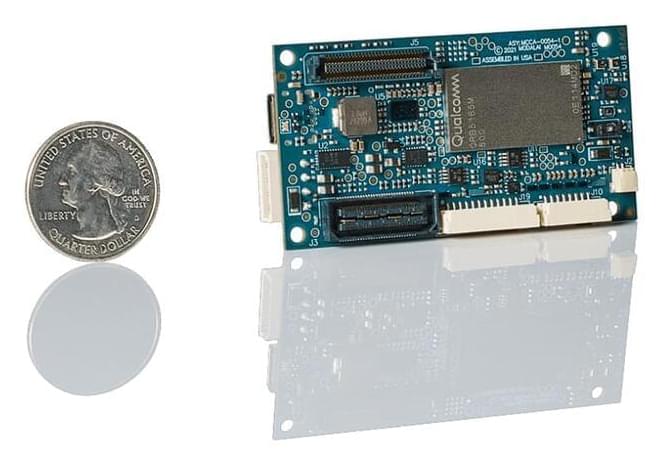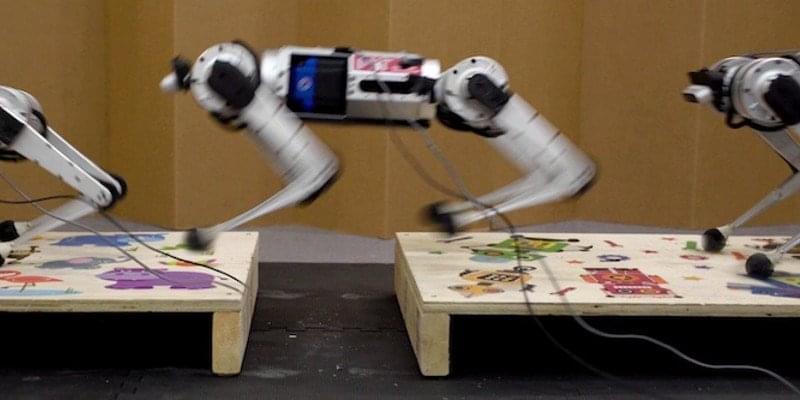Apr 30, 2022
SpaceX smashes Falcon 9 booster turnaround record
Posted by Genevieve Klien in categories: drones, internet, satellites
SpaceX has successfully launched and landed the same Falcon 9 booster twice in three weeks, smashing the current record for orbital-class rocket turnaround.
The existing record was also held by Falcon 9 and set in early 2021 when booster B1060 launched a Turkish communications satellite and a batch of Starlink spacecraft just 27 days and 4 hours apart. Now, just under 15 months later, a new Falcon 9 booster has decisively taken the crown.
At 5:27 pm EDT, Falcon 9 B1062 lifted off as planned from SpaceX’s Cape Canaveral Space Force Station (CCSFS) Launch Complex 40 pad. Flying for the sixth time, the reused booster carried an expendable Falcon upper stage, fairing, and a batch of 53 Starlink V1.5 satellites most of the way out of Earth’s atmosphere to a velocity of 2.2 kilometers per second (Mach ~6.5) before separating and landing on a SpaceX drone ship.

















